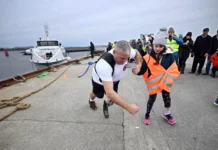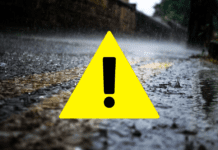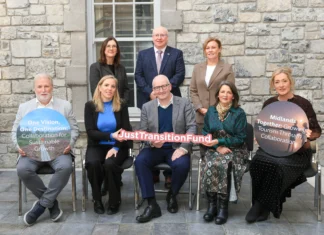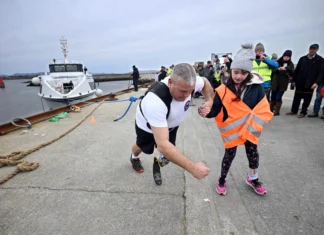The Marine Institute recently hosted a workshop at its Oranmore headquarters where researchers from Ireland and around the world shared the latest gains of ocean science.
Attendees included marine scientists from NUI Galway, University of Limerick, and University College Cork, as well as prestigious international guests from MATIS Iceland, Fundacion Medina (Spain), and UIT (Norway).
Over the course of the one day conference presentations were made about a range of valuable chemicals and compounds derived from algae, deep sea invertebrates, fishery byproducts, and marine micro-organisms.
The gathered marine scientists demonstrated the anti-cancer and anti-microbial properties of many of these chemicals in a range of tests.
CEO of the Marine Institute Dr Peter Heffernan said that by studying the ocean and what lives in it, we can make discoveries that have benefits across the Irish economy.
“Marine Bioresources represent an untapped reservoir of biomolecules with applications in diverse sectors like the agri-food, cosmetics, and pharmaceutical industries.”
In order to achieve the greatest potential, according to Dr Heffernan, we must encourage co-operation among institutes, with private industry, and across national boundaries.
“The consortium of researchers meeting in Galway highlights the importance of building and maintaining strong partnerships amongst academic researchers,” he said,
“Funding agencies and the private sector to deliver in this space, which represents a key component to achieving the socioeconomic benefits outlined in Ireland’s national strategy – Harnessing Our Ocean Wealth.”
Marine Biodiversity looks to the great wealth of life in our oceans to find chemicals and compounds that can help address some of the greatest challenges of human and environmental health facing us.
Ireland has great potential in this area, an island nation with vast untapped resources to be found in Atlantic waters and fisheries closer to shore.
“From the nearshore and intertidal zones, where easily accessible micro and macroalgae and a range of invertebrates are available, to underutilized by-products of the commercial fisheries and aquaculture industries, and the extreme deep-sea where cnidarians, sponges and a tremendous diversity of micro-organisms are only relatively recently being discovered, our marine biodiversity offers enticing untapped potential for marine biodiscovery if used sustainably.”
That’s according to Dr Jeff Fisher, Marine Institute’s Director of Marine Environment and Food Safety Services, who helped convene this conference.
Galway can lead the way into this field, being home to more marine scientists than any other part of Ireland between the Marine Institute and NUIG’s Ryan Institute.
The work displayed at this conference showed how Ireland can maximise the economic benefits of research into Marine Biodiversity, while contributing to the larger body of European research into this area.
“The experience that our European colleagues working in marine biodiscovery and in the development of supportive marine biorepositories provided good lessons on how to progress in this area,” said Dr Fisher.
“With the collaborative intent of building Irelands’ research capacity in this field and a supportive National Marine Biorepository at the Marine Institute, the biodiscovery workshop showed how recent studies from Irish researchers are benchmarking our activities, and helping to set a course for the future.”














